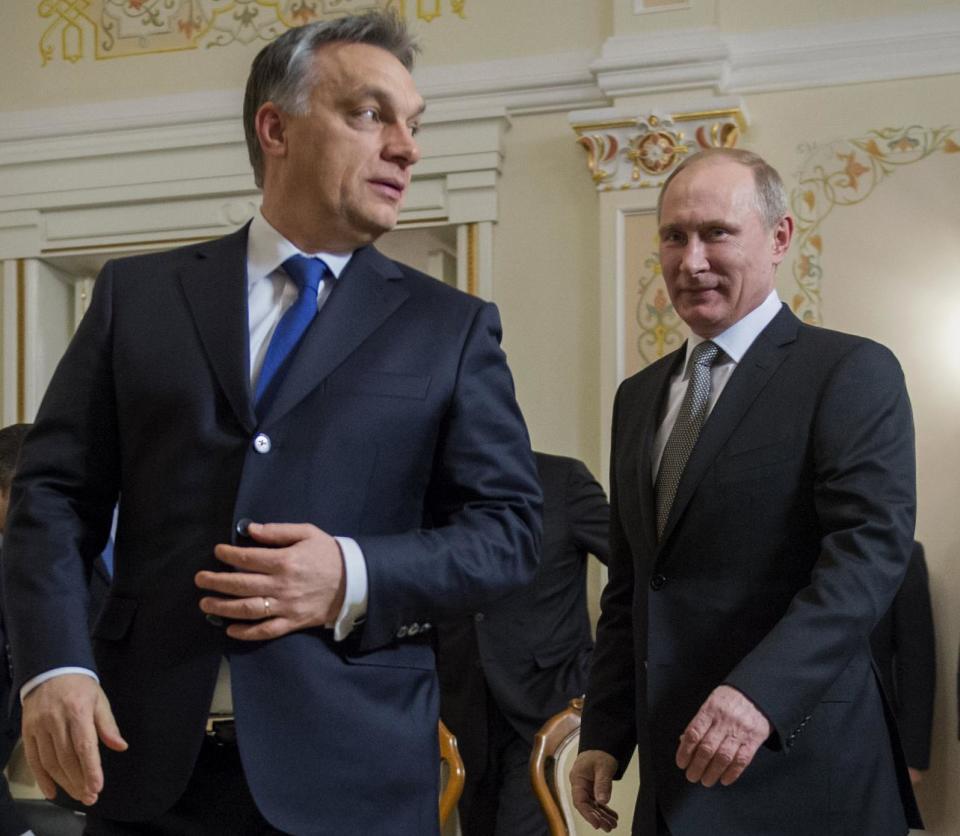Kerkbode Herv. Gemeente
Sion, Houten, Januari 2016.
In het najaar van 1993 is
Annemarie vanuit onze gemeente uitgezonden naar Hongarije. Vanaf 2006 was zij
als hoogleraar missiologie verbonden aan de Karoli Reformatus Universiteit in
Budapest en gaf leiding aan het Central and Eastern European Institute for
Mission Studies (CIMS) eveneens in Budapest.
Na een jarenlange samenwerking heeft de
universiteit, een paar jaar geleden, besloten deze samenwerking te beëindigen.
Vanaf die tijd is Anne-Marie samen met de GZB op zoek gegaan naar een
vervolgtraject waarbij zij haar kennis en ervaring op het gebied van
Missiologie, en in het bijzonder in voormalig Oost Europa zo goed mogelijk in
te zetten. Hoewel zij actief is gebleven in de begeleiding van studenten in
-voormalig- Oost-Europa heeft u regelmatige berichtgeving in onze Kerkbode
moeten missen.
Wij zijn thans dankbaar en verheugd te
kunnen melden dat Anne-Marie en de GZB erin zijn geslaagd een nieuwe
mogelijkheid te vinden voor Anne-Marie, waarin zij deze kennis en ervaring ten
volle kan inzetten ten behoeve van Oost-Europa. Vanaf 1 september 2015 is
Anne-Marie werkzaam als hoogleraar Missiologie bij de Evangelical Theological Seminary (ETS) in Osijek in Kroatie, een
theologische opleiding met vanoudsher een brede internationale uitstraling.
Onder verantwoordelijkheid van ETS Osijek krijgt ze als taak om in samenwerking
met andere regionale netwerken en instanties het missiologisch onderwijs en
-onderzoek in Midden- en Oost-Europa te versterken, en daarmee de kerken te
helpen hun missionaire roeping in het post-communistische Europa gestalte te
geven.
Samen met Anne-Marie en GZB zijn wij dankbaar
dat God heeft voorzien in een nieuwe plaats voor Anne-Marie.
Gezien de al jarenlange relatie tussen onze
gemeente en Anne-Marie heeft de GZB verzocht om onze steun. Uiteraard steun in
de vorm van gebed om Gods zegen op haar werk, maar ook daadwerkelijk steun in
de vorm van financiële middelen. Van onze gemeente wordt een forse
inspanningsverplichting verwacht en hieraan heeft de kerkenraad zich aan
gecommitteerd. Dit betekent dat de thuisfrontcommissie die intussen een aantal
jaren minder actief was, weer dient te worden gereactiveerd en wordt
uitgebreid. Nadere informatie zal de komende tijd via diverse kanalen u
bereiken. Tevens zal DV in het voorjaar van 2016 een officiële uitzending
vanuit onze gemeente plaats vinden. Exacte datum en nadere info volgt hierover
nog via de kerkbode. Tevens zal er weer regelmatig een bericht van Anne-Marie
in de kerkbode verschijnen.
 It’s encouraging to learn along with these Chinese “newcomers” from this level of scholarship and deep engagement in the spiritual and cultural issues that make up the relational fabric tying together church, culture, history and Roma. These lessons are important not only to those who care for the Roma – or even the church in Europe – but to anyone who grasps the historical and theological realities that the church in mission either moves toward the margins, or it withers.
It’s encouraging to learn along with these Chinese “newcomers” from this level of scholarship and deep engagement in the spiritual and cultural issues that make up the relational fabric tying together church, culture, history and Roma. These lessons are important not only to those who care for the Roma – or even the church in Europe – but to anyone who grasps the historical and theological realities that the church in mission either moves toward the margins, or it withers. 

.jpg)
